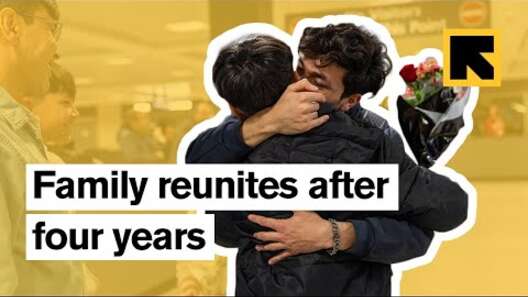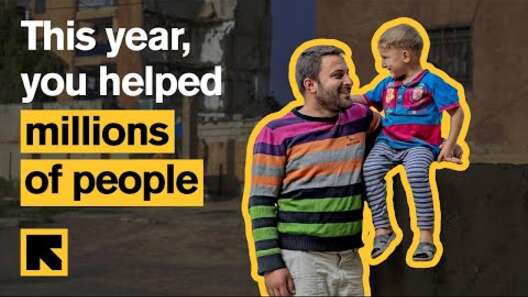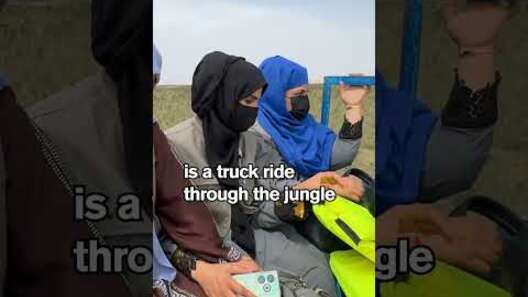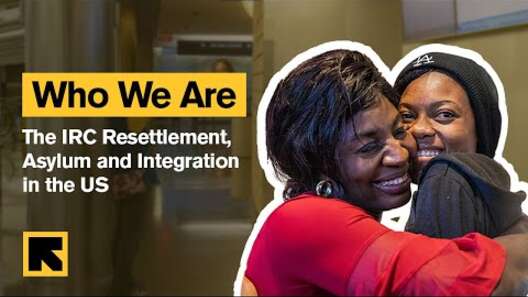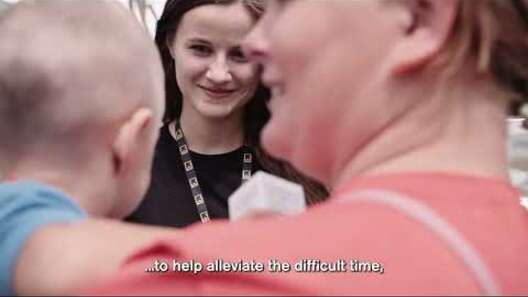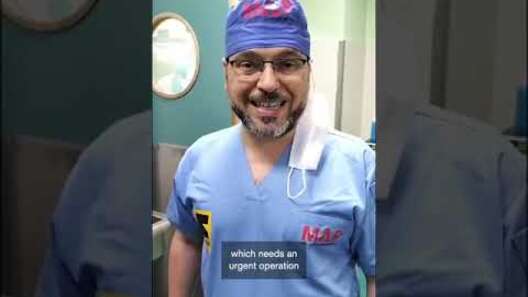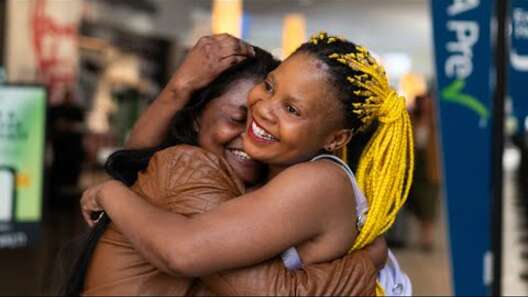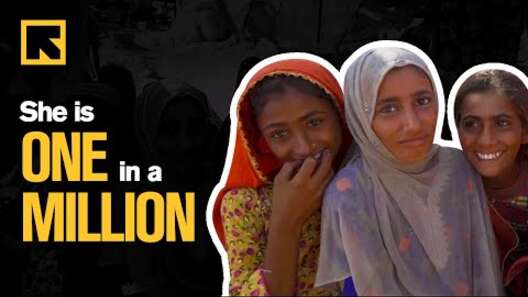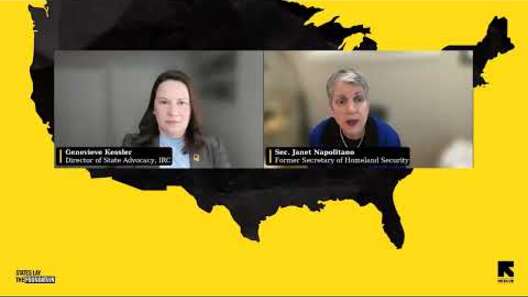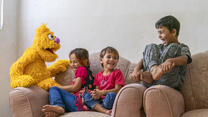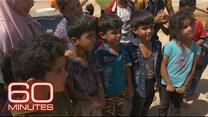Over 35 million children are living as refugees with no chance to go home anytime soon—but less than three percent of humanitarian aid goes to education. Along with reading and math, children need social and emotional skills to help reduce the effects of trauma that can disrupt their brain development.
In this Rescue Facts, International Rescue Committee Senior Policy Advisor Jamie Weiss Yagoda breaks down the importance of education for refugee children and explains why the IRC provides safe spaces for refugee kids to play and learn. Learn about the IRC's education work.
Right now over 35 million children have had to flee home. So how are they getting an education?
Refugees are displaced for ten years on average, so these children aren't going home anytime soon. That's why education needs to be an even greater focus for humanitarian aid.
But less than three percent of humanitarian aid goes to education—and most of that aid is short-term. Just one year of school doesn't work for refugee children who will be displaced for their entire childhood.
Along with reading and math, children need social and emotional skills to cope with crisis.
This is especially important for the youngest refugees because it helps reduce the effects of trauma that can disrupt their brain development. These children are at the highest risk of becoming a "lost generation," forever damaged by war.
That’s why the International Rescue Committee provides safe spaces for them to play and learn.
We help parents prepare their kids for school.
And support teachers in meeting the unique needs of refugee students.
We work with partners and governments so young refugees—regardless of gender—can get an education.
Their future success depends on it.
